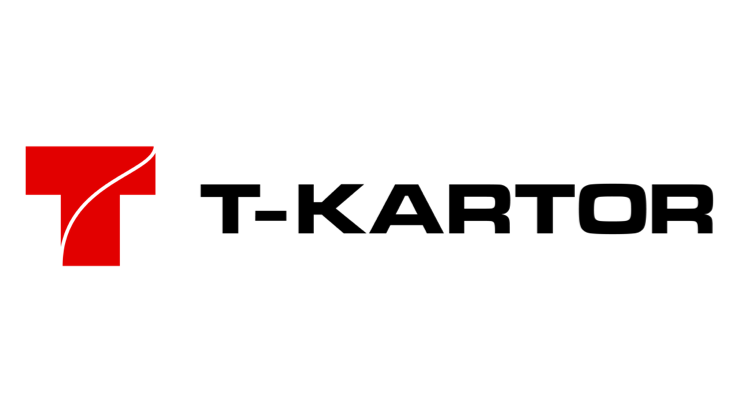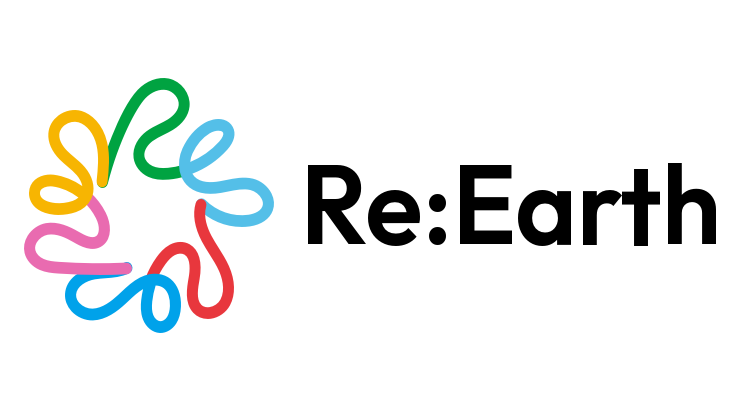Geo for All is the Open Source Geospatial Foundation’s Open Educational outreach with our mission for making geospatial education and opportunities accessible to all. Our monthly newsletters are key to reach out our ideas with the wider community and build new collaborations. We request all OSGeo members to share any updates/developments as short reports for next issue of Geo4All newsletter.
Also we want to highlight OSGeo SMEs and service providers in our future editions of our newsletter. The aim is to get the wider community know about the excellent companies and startups that make the OSGeo ecosystem and encourage more collaborations and startups . So please email our chief editor [email- labrinos@eled.auth.gr ] a short article about your company and how OSGeo software has been empowering you and enabling your growth . We also welcome usecases and implementation examples of how OSGeo software and open principles in education are empowering universities, government organisations, NGOs etc. We will get your articles published in our newsletter in forthcoming issues. Please make sure you send your articles before 24th of every month to get it published in the next month’s edition.
We will also be highlighting one OSGeo software project /community every month [from the OSGeo live DVD] .Volunteers to lead this section are welcome. We request the OSGeo community to please send any reports, articles on OSGeo activities happening (events, new software releases, summer schools, new courses, training events etc) to the newsletter editors.
We are pleased share our newsletter at http://www.geoforall.org/newsletters/ to the wider geo community.
”’Editorial – March 2016”’
Dear members of the Network/ readers of the Newsletter,
As you may find out, this issue has almost twice as much material from the previous issues, thanks to the great job of all the co-editors and the members of our network. You can find very interesting articles, based on discussions done in February, about AgriGIS, Global School Network, the Open City Smart project, and NASA World Wind.
From these four, the newest one is the beginning of the discussion about the formation of a Global School Network. As the discussion has just started, I would like to share with you why I think there is a need of a Global Network. First of all, this would put an order to the situation we face of many people doing things with no coordination; no “Central Instructions;” no “basic ideas” of what, when and how to do it. Most of us work at a university or a research centre, and whatever we do is for the students of higher education.
In my opinion, we have to focus on the base of the educational system. It is very easy to teach university students. They know a lot of things, and it is easy to teach them, using complicated words and concepts, about spatial science. But what about the students in primary and secondary education? How can we make them understand how spatial the world in which they live is, and how can they use the tools we have constructed in order to manipulate the spatiality of our world?
We can’t do this if we don’t get all the help we can from their teachers. But even the teachers have different ideas about the way they can teach about this world. In fact, everything has to do with the pedagogical part of the spatial tools we use and the curriculum of each level in each country. This is why we have to work with the teachers, as they work with their students, so they can let us know what their needs are. In some cases we do have some information from published articles, but it has to be more organized and, why not, more guided.
Finally, there was an interesting telemeeting with Christopher Tucker, Chairman of the Board of Trustees, The MapStory Foundation, in which Chris let us know more about MapStory and what it can do for the teachers and students. We all hope that Chris will share with us an article on MapStory, and we will have the pleasure to publish it in a future issue.
Have a nice reading.
Dr.Nikos Lambrinos, Chief Editor.





